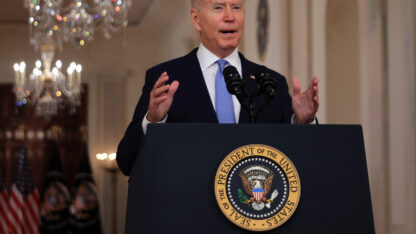Gov. Deal Vetoes Tax Break Bill And Senior Services Plan

Tuesday was the last chance for Gov. Nathan Deal to veto bills passed during this year’s legislative session. He ultimately nixed 11 bills.
One measure included $110 million in tax credits. It began as a way to help small businesses in low-income areas. Then the Senate, led by Lt. Gov. Casey Cagle, added millions for tech start-ups. The state’s venture capital fund, Invest Georgia, was to dish out the incentives.
“I think the reason for the veto is because it got mixed in with Invest Georgia,” said Rep. Jason Shaw, the sponsor of the original bill. “If we had kept them separate, then we could have got something done.”
In his veto statement, Deal said the tax initiatives deserve “serious discussion” but together they’d have too much impact on the budget.
The governor rejected another bill that would have created a stand-alone agency for senior services. Currently, Georgia’s Department of Human Services manages both elderly care and child welfare.
The veto is a setback for advocates of the state’s fast-growing senior population. Kathy Floyd of the Georgia Council on Aging says children are getting far more attention than seniors.
“We certainly support the department’s efforts to work for children and their welfare but there’s elder abuse now, there’s neglect, there’s exploitation, there are people dying, and we need some attention on their needs also,” said Floyd.
She says senior programs would benefit from the move.
“A lot of federal and private foundations are not really interested in giving grants when it’s so subject to child welfare being the priority,” said Floyd.
In his veto statement, Gov. Deal said he’s open to restructuring senior services, but he raised concerns about the approach laid out in the bill.
Deal also vetoed a measure that would have allowed motorcyclists and bicyclists to ride through red lights if the traffic light sensor isn’t triggered by their weight. Deal said it could be confusing to other drivers. The governor rejected another bill that would have set aside state funds to help attract big sporting events like the Super Bowl.
9(MDAxODM0MDY4MDEyMTY4NDA3MzI3YjkzMw004))







